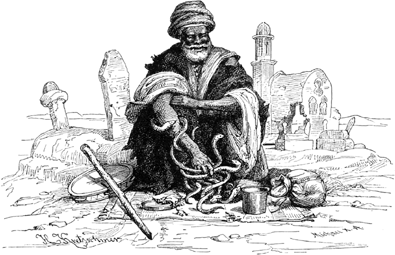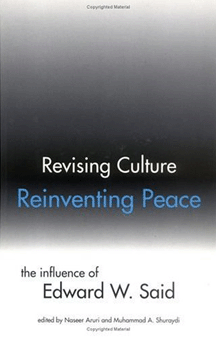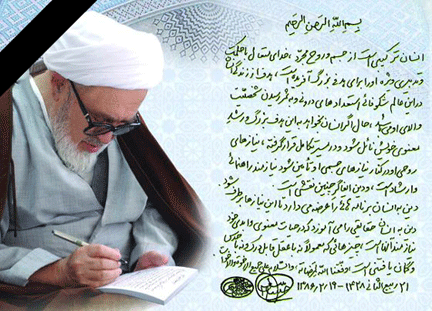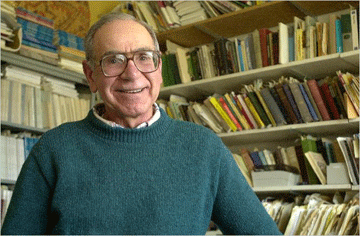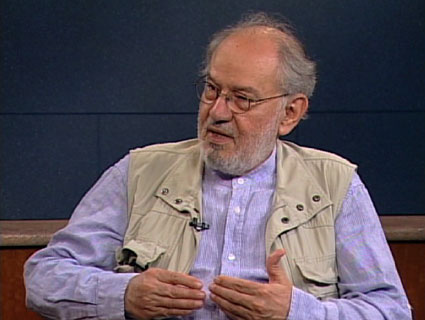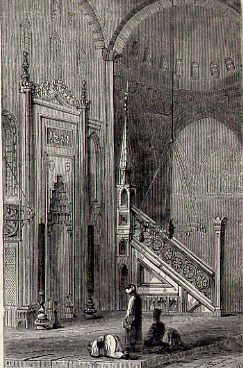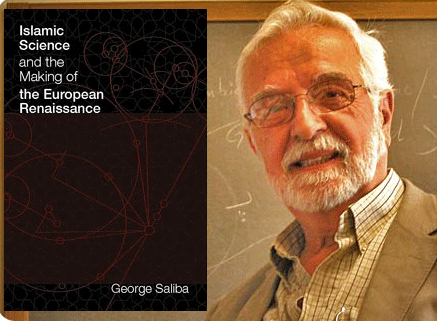
[On Rorotoko, historian of science George Saliba discusses the writing of his recent book, Islamic Science and the Making of the European Renaissance (Cambridge: MIT Press, 2007).]
This book started almost ten years ago. Initially, I wanted to know what were the conditions under which a civilization could produce science afresh.
I was trained in ancient Semitics, and mathematics, but I was always interested in these rumors that the general reader knows about, that the great invention of science was a really Greek project. And that everything else is either a shadow or a continuation of the classic antiquity.
Growing up, you assimilate these paradigms. You begin to think that these are the normal things. But then, trained in mathematics, and beginning to read a little bit of what was produced in the Islamic civilization, in science, I grew curious. I grew curious because I began to note that some of the science produced was not a shadow of the Greek project. It was more re-focusing of light, a new way of looking at things, which the Greeks did not know.
I began to also wonder about a fact that many a student of history and general reader would know. That there was this period of fantastical effervescence in the classical Greek tradition, say from the 4th century BC to the 2nd century AD. All the major names that we can think of happen to be in this period, all the major classics, in every discipline you can think of, from Plato to Aristotle to Ptolemy to Euclid to Diophantus to Galen to Dioscorides. And all comes to an end by the 2nd century. Then nothing happened. And then, all of a sudden, we begin to hear, in the 9th century, of the crazy caliphs of Baghdad who are spurring this and that, translating this and that, incorporating all of the Greek material. Continue reading Saliba on Europe and Islamic Science
